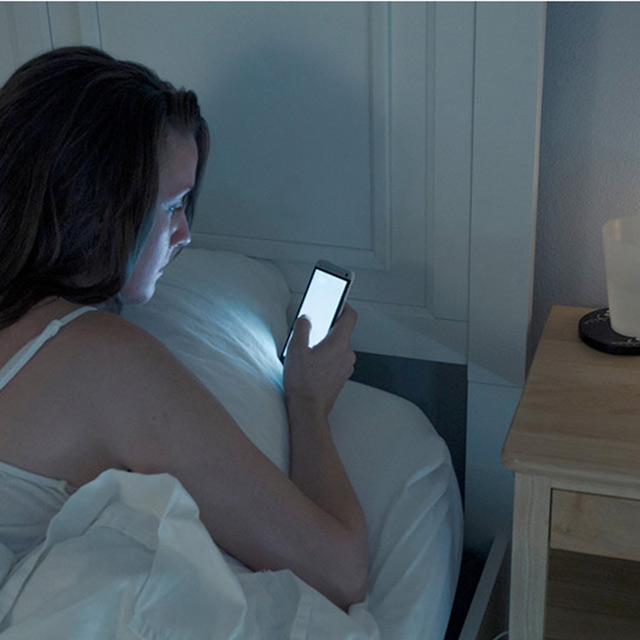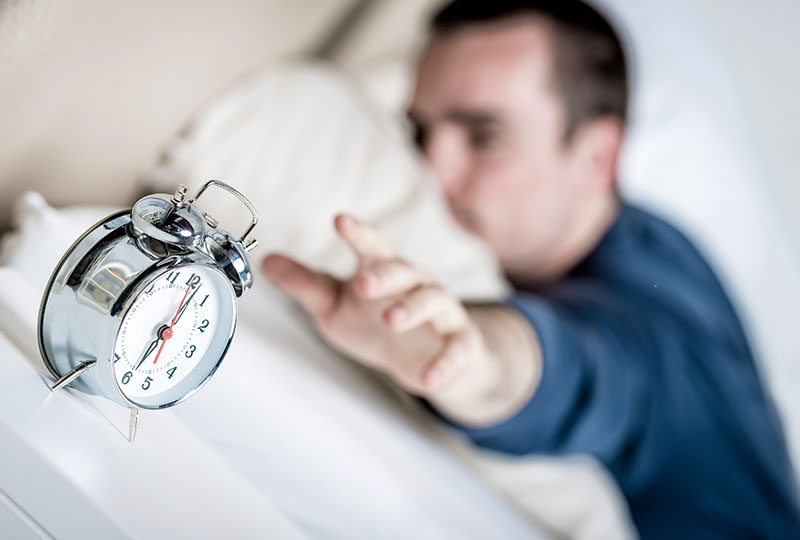Sleeping in on your days off might be doing you more harm than good. Here’s why.
You might think that snoozing later on the weekends to make up for lost zzzs during the week is a good idea, but a new study suggests sleeping in or waking earlier than usual could be harmful to your health.
The study, published in the Endocrine Society’s Journal of Clinical Endocrinology & Metabolism, shows that even routine sleep changes — such as waking up earlier on days you have to work and hitting the snooze button when you don’t — may raise your risk for developing diabetes and heart disease.
Participants for the study wore wristbands to monitor their movement and sleep for a week. Those who had a greater change in sleep schedules on workdays and days off tended to have poorer cholesterol profiles, higher fasting insulin levels, larger waist circumferences and higher body-mass indexes than those who had less change in their sleep schedules.
Are you suffering from social jet lag?
Changing your sleep schedule can create what is called social jet lag. If you’re exhausted during a Monday-morning meeting, you might be feeling the effects of moving your sleep schedule into a different “time zone” for the workweek.
Keep a regular schedule
“Waking up at similar times helps the falling-asleep part,” says Beth Ann Malow, M.D., director of the Vanderbilt Sleep Center. “Getting exposed to morning bright light can help you wake up and go to bed on time that night. Also, avoiding caffeine late in the day, and engaging in physical exercise can help regulate sleep.”
Where to turn for help
Of course, sometimes getting enough sleep isn’t always so cut and dried. If you’re having trouble falling asleep or dealing with any other sleep issues, you can turn to the Vanderbilt Sleep Center. “Our website provides some helpful tips for sleep and also outlines our clinicians and referral information,” Malow says.

Always tired?
Too little sleep causes worse problems than grogginess. Learn the ways that skimping on your sleep shortchanges your health.


